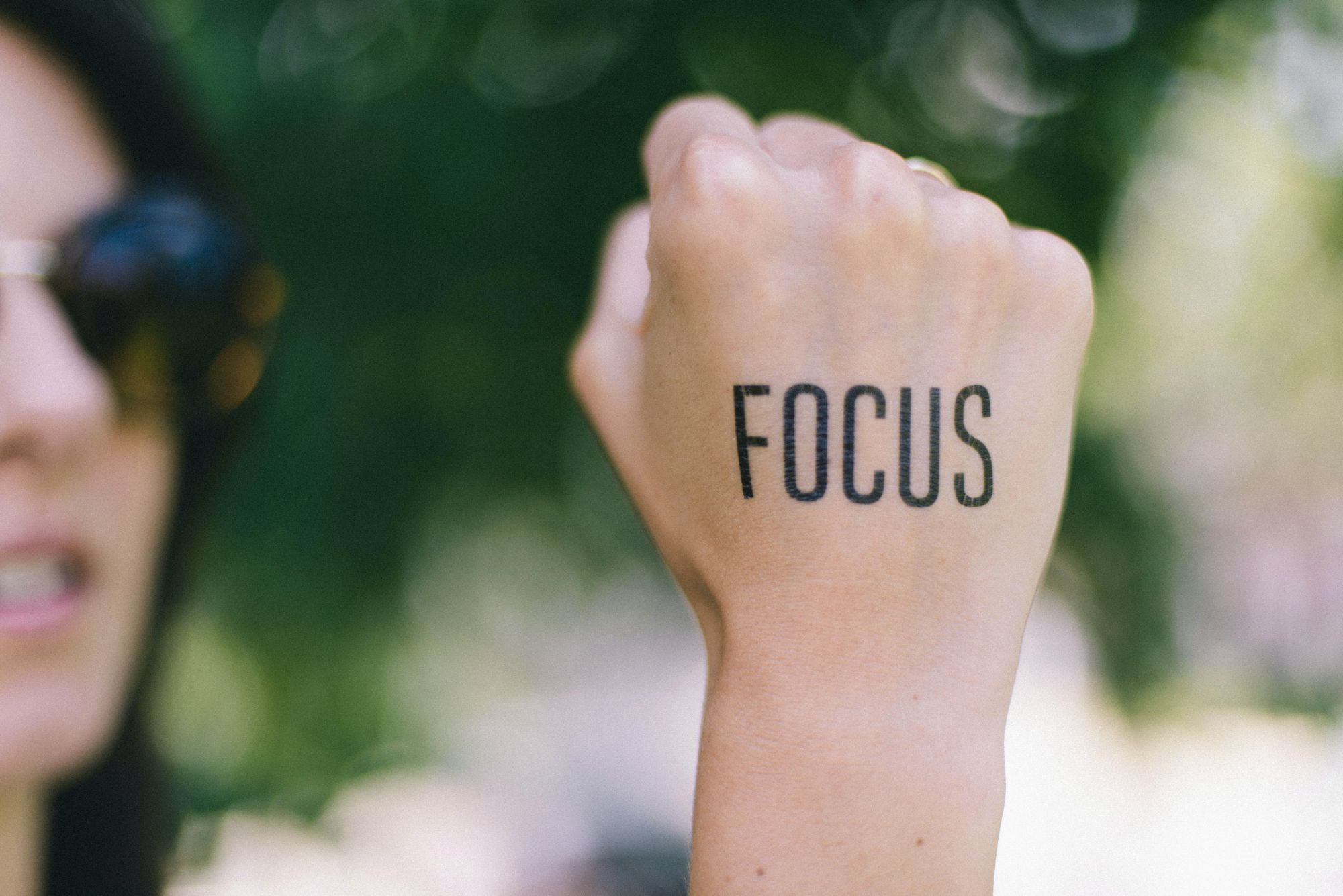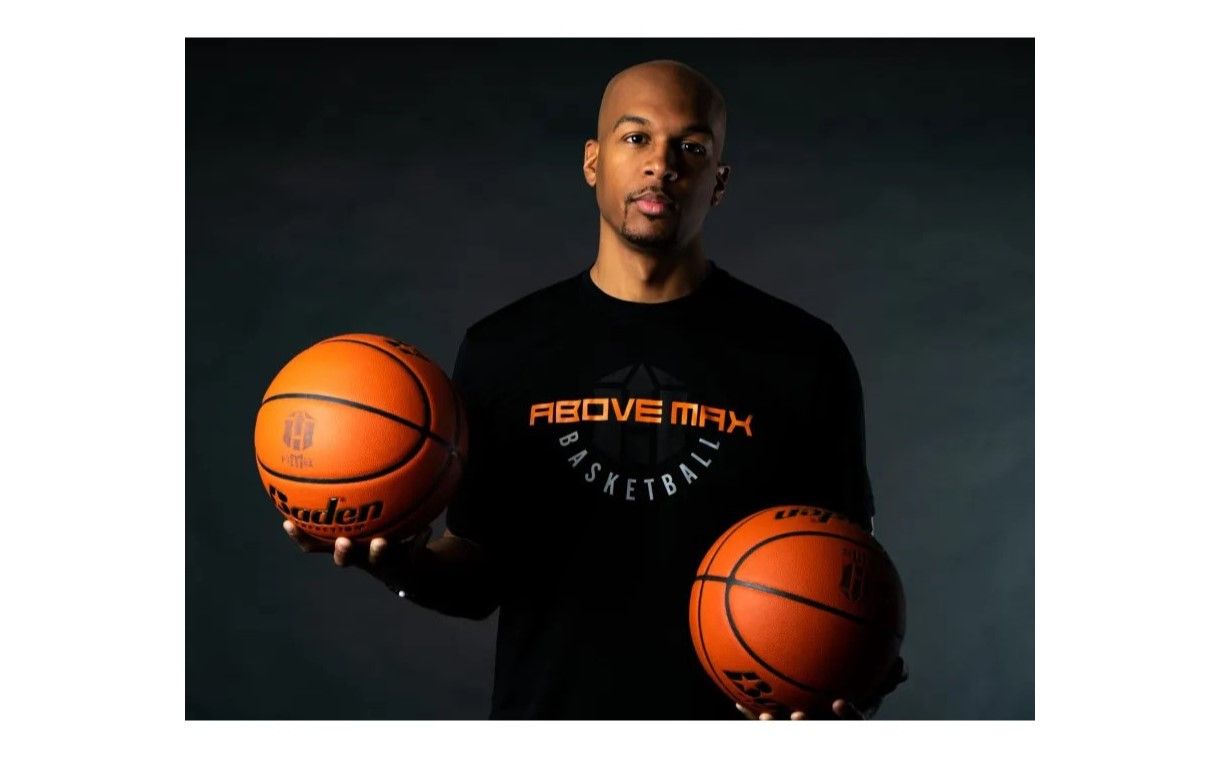Here's the thing: you already know how to write great content.
Surprised to hear this? Don't be. If you love what you do, if you know a lot about it, if somebody can ask "What do you do?" and you find yourself going on for more than five minutes (we do this, too!), then you already know how to write good content. The trick is just how to get it down on paper. This handy guide should help you do just that.
First things first: relax.
Nobody likes starting at a blank page. It sucks! But if we want to write, we all have to do it. So give yourself a break, and release yourself from the mythical standard of "good content." Everybody writes in their own way, and you'll write in your own way, too. Keep in mind that people respond to what feels real and authentic to them, not to what sounds "perfect." So give yourself permission to just be you. You got this.
Second: make the time.
We all spend a lot of time saying we're going to do something, but never get around to it. (E tu, laundry?) With writing, this effect can be amplified by uncertainty and even a little bit of anxiety. That's why scheduling some time to sit down can help. Pick one hour, this week, and just block it off for writing. Make sure it's the time of day when you feel naturally the most energized and creative. It varies for all of us. Some people are night owls, and others are early risers. The important thing is just to pick the time, and stick to it.
Three: get to drafting (but not overthinking)
So, you're sitting down to write. You've blocked out your hour. Now what? It sounds crazy, but the best thing you can do is just... start to write. Don't overthink it, just go. Write without stopping for a full two minutes, just putting down whatever comes to mind, and without worrying about grammar or punctuation. This is a practice called "free writing," and it's kind of similar to doing warm up exercises before the full workout. It loosens up your mind muscles and can help get you into a flow state. As you go, notice where you might start to overthink ("Am I saying this right?") or worry about sounding good, and then consciously release yourself from those concerns. This is great practice for getting into the writing state of mind. Remember: the great thing about writing is that you can always go back and edit.
Four: write your first post
Now you're loosened up and ready to get writing for real. It's time to author your very first post of great content for your business! So what should you write about? You might feel like you don't know anything particularly special, or worth writing about—but you would be wrong. (Trust us, we hear this all the time from solo entrepreneurs!) You're an expert in what you do, and the things you know and the stories you have to tell will be interesting and new to your potential customers, who are not necessarily experts.
Below, we've listed a few prompts to get you started. Each could be their own post, or you could even combine a few. Put one at the top of a blank page and just starting writing in response to it. You might surprise yourself with what comes out.
- How did you first learn to love what you do?
- Where did you discover it?
- Who was somebody you looked up to?
- What was one thing you wish you knew before you got started?
- What's one time you messed up, and how did you learn from it?
Five: send to a trusted friend for feedback
This can be a great step for boosting your confidence, but also to ensure that your post reads with clarity. It can also be great for catching all those times you've written "their" instead of "there" or used "too" instead of "to." Sending to a friend first is also a bit of a practice run for publishing to a larger audience.
Six: you're ready to publish!
You've gotten into the writing groove, you've picked your topic, you've written your post, and now you've had it proofread. You are officially ready to publish. This can be a nerve-wracking moment, so we recommend closing your eyes and counting to three. Then give yourself a pat on the back. Your journey toward being a great content producer is just beginning.
One last note: at the end of your day, your voice is you. Stick to your guns about it. What type of vocabulary you use, whether or not you make corny jokes, how many exclamation points you put at the end of a sentence. These things are YOU, and they'll differentiate your voice (and brand) in the market. Trust your gut.



